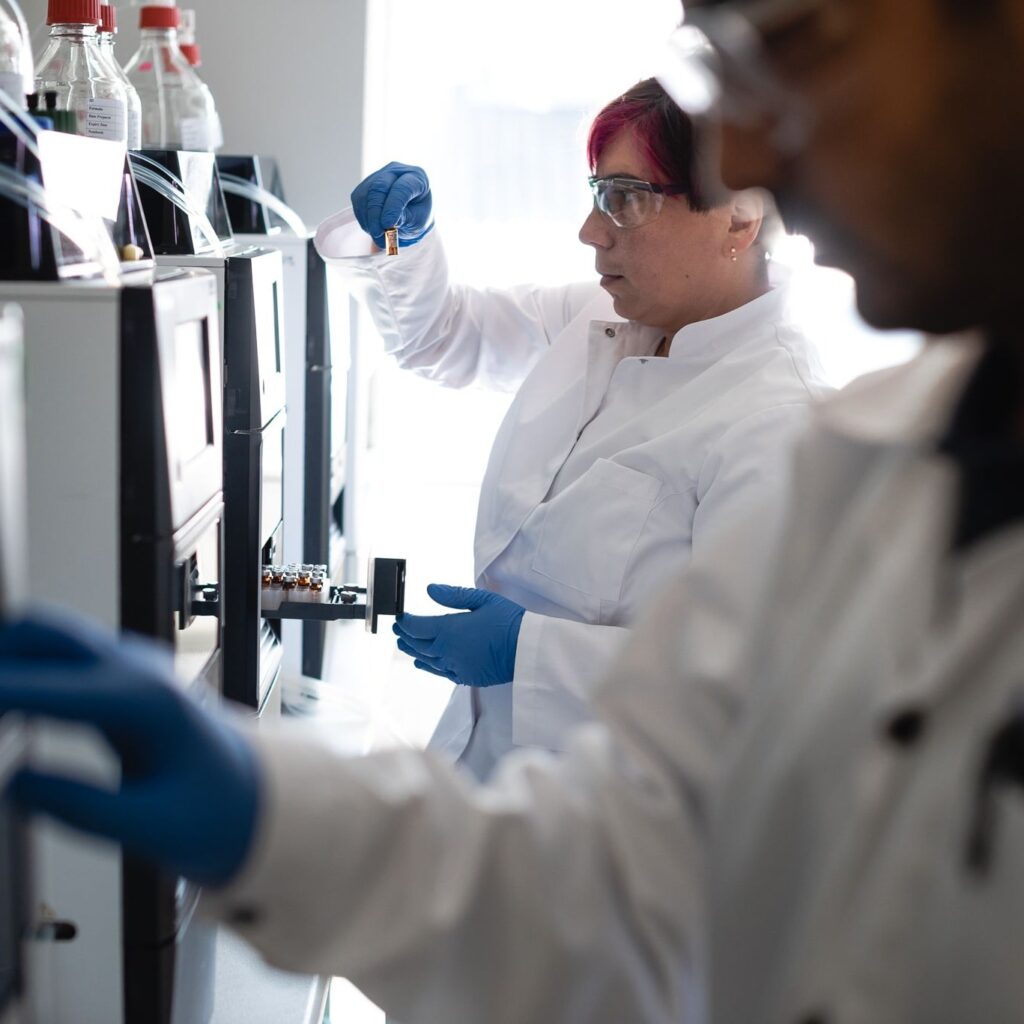Analytical development packages in API manufacturing are designed to validate testing methods for starting materials, intermediates, and the final API product. These methods monitor key parameters to ensure predictable reaction behaviour and product qualities. The goal is to uphold the quality and safety of all compounds used or produced during manufacturing.
For process reagents and intermediates, standard sub-activities include analytical method development and validation. Additionally, steps may involve the synthesis and characterization of impurities, qualification of reference materials, and control of potentially genotoxic impurities.
The final API development usually requires a more extensive set of tests and validations to be able to confirm its quality, purity, safety, and efficacy. These could encompass API assay validation, testing for related substances, verifying residual solvents, analyzing water content, conducting forced degradation studies, performing microbiological tests, assessing endotoxins, determining the limit of detection (LoD), utilizing powder X-ray diffraction (PXRD), evaluating photostability, assessing mutagenic impurities, measuring particle size distribution (PSD), applying chiral high-performance liquid chromatography (HPLC), gauging optical rotation, analyzing specific impurities, establishing melting points, and testing counter-ions, among other evaluations.
Together, these analytical development activities form an integral part of the quality assurance mechanism in API manufacturing.
